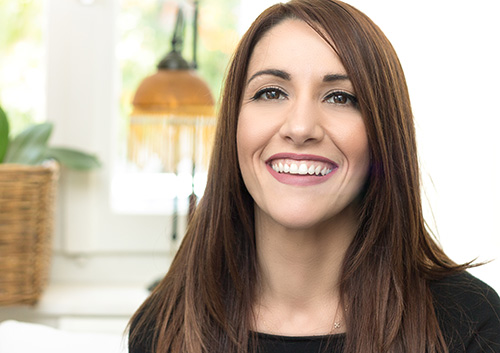Why Adults Are Choosing Invisalign®
June 27th, 2018

These days, it’s become more common to see adults at our office getting their teeth straightened with Invisalign clear aligners . . . that is, if you can see them! Whether they are seeking to overcome the stigma that “braces are just for kids,” or simply want straighter teeth without a mouth full of metal, Invisalign is an effective and easy solution.
According to the American Association of Orthodontists, from 1994 to 2010 the number of adults 18 and older who request braces increased by 58 percent: from 680,000 to 1.1 million a year. Many adults enjoy how discreet the aligners are and that the user doesn’t need to avoid any foods or make dietary changes the way you would with traditional braces. Also, each treatment is unique to the patient.
With an Invisalign treatment, you can expect to enjoy the following benefits over traditional braces:
- The total treatment time is more precise with Invisalign because your treatment is modeled by a computer. Traditional braces depend more on an estimate and aren’t as exact.
- You’ll make fewer trips to our Phoenix, AZ office, since you’re able to change your trays on your own every few weeks or whatever is prescribed.
- Without brackets to place over your teeth, there’s less risk to the health of your tooth enamel.
- Invisalign aligners are clear and practically invisible, so most people won’t even know you’re wearing them!
If you’re interested in Invisalign as a treatment option, please let Dr. Jones know. We’d be happy to help you on your journey to a straighter, healthier smile!




